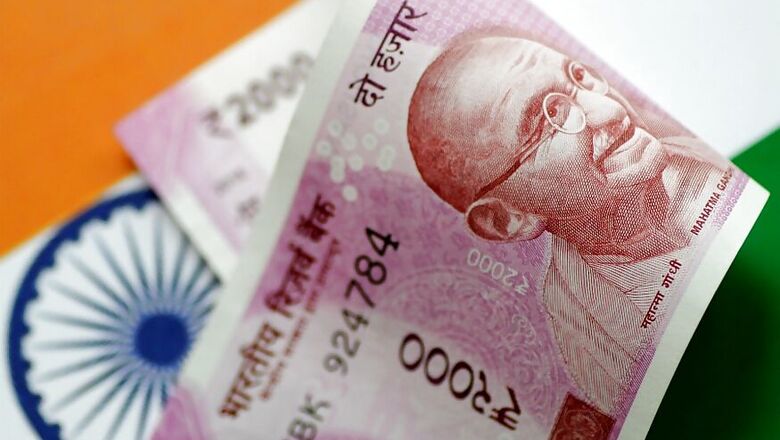
views
The Centre's fiscal deficit is expected to touch 7.6 per cent in 2020-21, more than double the Budget Estimate, as the country spends extra to minimise the impact of the COVID-19 pandemic while facing a shortfall in revenues, a report said on Friday.
At a combined level, the fiscal deficit of the Centre and states together will come at 12.1 per cent, with the states contributing 4.5 per cent, India Ratings and Research said in the report.
It also said the government has already announced a stimulus package damaging the fiscal math by 1.1 per cent. Calls are also going on for a second package.
The pandemic has resulted in long lockdowns that chilled all the economic activities.
The agency said India's gross domestic product (GDP) will contract by 5.3 per cent, while states like Assam, Goa, Gujarat and Sikkim are expected to witness a double-digit contraction, it said.
With the growth and revenues going down, the obvious impact will be on the fiscal deficit, which is considered an important macroeconomic health indicator.
"The aggregate central and state fiscal deficit in FY21 will increase to 12.1 per cent of GDP (Centre: 7.6 per cent, states: 4.5 per cent), mainly due to the expected shortfall in revenue collections rather than increased expenditure," it said.
India Ratings and Research Chief Economist D K Pant said the pandemic hit at a time when the Indian economy was already experiencing a slowdown due to weakness in consumption demand. "It has severely disrupted the supply side, as production and sale were allowed only in the areas classified as 'essential' during the lockdown."
He said the states receiving significant remittances - India is the biggest receiver of such fund transfer by any country's diaspora - will be impacted because return and/or repatriation of expatriates to India has its own consequences for the Indian economy.
The growth slowdown will have a significant impact on the asset quality of the financial sector, and both banks and non-banks would require more capital to continue lending, it said.
Reverse migration out of cities and industrial towns to their hometowns will delay the manufacturing sector's recovery and may also translate into elevated wages, it the rating agency said.




















Comments
0 comment